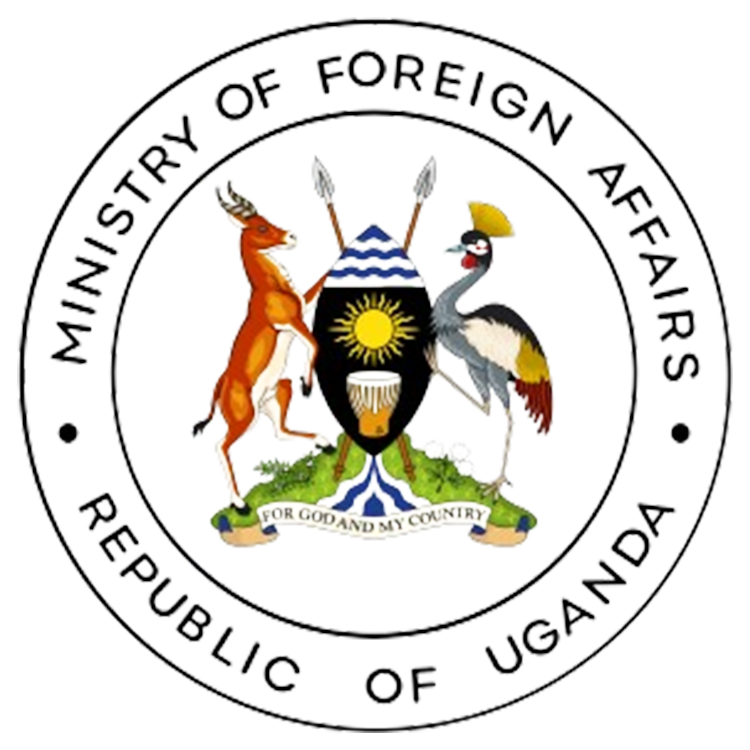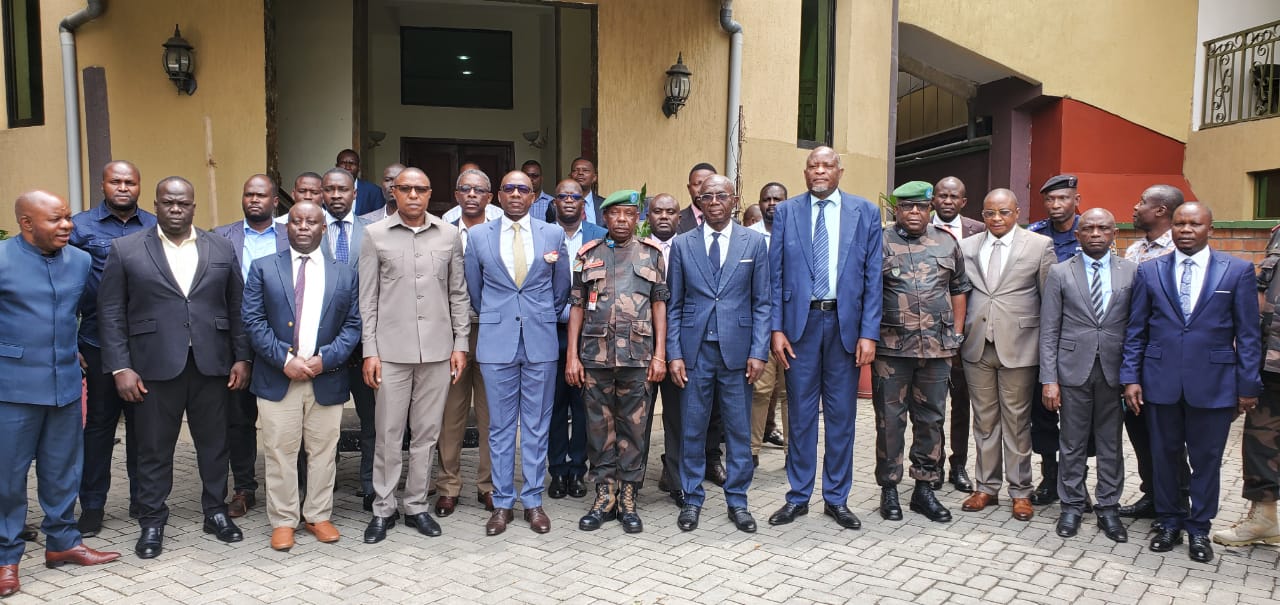UGANDA-DRC BORDER REAFFIRMATION: A PATHWAY TO STABILITY AND ECONOMIC GROWTH
From the 2nd to the 6th of September 2024, the Democratic Republic of Congo (DRC) and
Uganda held a significant Joint Technical Committee (JTC) meeting in Goma, aimed at
reaffirming their common border. The meeting, organized in close cooperation between the two
governments, took place in a cordial environment, free from security threats, allowing for
constructive discussions. The Ministry of Foreign Affairs of Uganda played a central role in
coordinating Uganda’s participation, ensuring the successful execution of this crucial diplomatic
engagement.
A major achievement of the meeting was the development of a comprehensive roadmap and
budget for the reaffirmation of approximately 817 kilometers of the shared Uganda-DRC border.
This effort is vital for maintaining peaceful relations and clear demarcation between the two
countries. To date, only 44.8 kilometers of the border have been reaffirmed, specifically the 28-
kilometer stretch from Offo/Vura and the 16.8-kilometer section from Sarambwe/Bwindi. These
milestones reflect progress, though there is still much to be done to fully reaffirm the entire
border.
One of the critical discussions involved the clarification that 22 Uganda Investment Authority
(UIA) pillars along the Kisoro/Bunagana area are not boundary markers. This discovery resolves
potential disputes and highlights the importance of technical expertise in such exercises. The
Ministry of Foreign Affairs facilitated the dialogue that enabled this issue to be addressed in a
diplomatic and transparent manner.
The reaffirmation exercise, once completed, is expected to strengthen cross-border cooperation,
create a detailed topographic map of the border, and install permanent boundary pillars. The joint
field activities for this exercise are projected to cost USD 3,142,260, with Uganda and the DRC
agreeing to share the expenses. Previous budgetary allocations for boundary reaffirmation in
Lake Albert and Lake George, discussed during a 2018 meeting in Entebbe, also provide a
framework for financial planning. These efforts are part of a larger commitment to regional stability and cooperation, areas in which the Ministry of Foreign Affairs continues to be
instrumental in advancing Uganda’s interests.
Looking ahead, the JTC has agreed to begin the reaffirmation exercise in May 2025, with a
follow-up meeting to be held in Kampala. This timeline reflects the long-term nature of border
management and the ongoing need for careful coordination, a role that the Ministry of Foreign
Affairs will continue to oversee.
In addition to border reaffirmation, the meeting shed light on economic opportunities in Goma,
which, despite ongoing security challenges, has emerged as a key economic hub. Several
Ugandan companies, such as Movit and Lato, have already established a strong presence in the
region, benefiting from the market potential of the densely populated Kivu area. The Ministry of
Foreign Affairs, through its economic and commercial diplomacy initiatives, has been pivotal in
supporting Ugandan businesses to explore and capitalize on these opportunities. A well-
organized business forum in Goma, facilitated by the Ministry, would further expose Ugandan
traders to the potential for market expansion.
However, security concerns remain a challenge for trade, with many traders having to use longer,
less secure routes, impacting their business operations. Despite this, the region’s demand for
Ugandan agricultural products remains high, making it a lucrative market for continued
engagement.
The JTC concluded with several important recommendations. The governments of both Uganda
and the DRC were urged to allocate the necessary funds for the border reaffirmation exercise.
Additionally, a joint military effort was proposed to clear and secure the border areas before and
during the reaffirmation process. These recommendations underscore the collaborative approach
needed to ensure a successful outcome, with the Ministry of Foreign Affairs at the forefront of
steering these efforts toward mutual benefit.
In summary, the JTC meeting in Goma not only advanced the process of reaffirming the Uganda-
DRC border but also opened up discussions on enhancing economic ties. The Ministry of
Foreign Affairs of Uganda played a pivotal role in ensuring the success of this engagement,
demonstrating the importance of diplomatic efforts in resolving complex issues and fostering
cross-border cooperation for the benefit of both nations.


